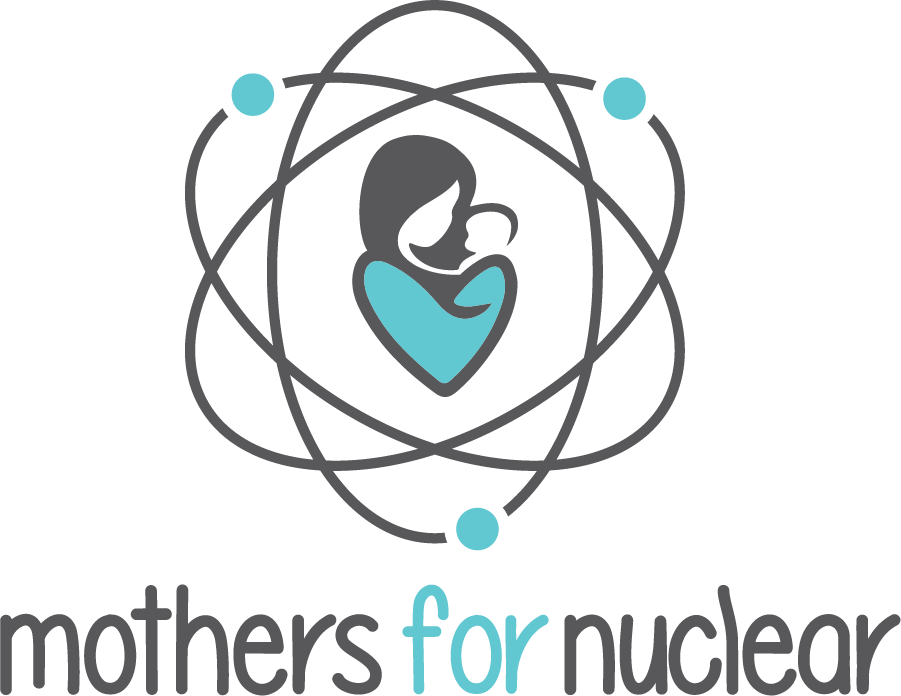Making the Case for Nuclear Energy in the 21st Century
Kristin recently was invited to speak at Seattle City Hall on why she supports nuclear energy. The event was an effort by the grassroots organization Seattle Friends of Fission, a group of Seattle-area residents, to ensure nuclear energy is part of the climate change discussion.
You can watch Energy Northwest's LIVE video of the event on Facebook.
What first got you interested in nuclear energy?
Kristin: I’m a civil engineer by training. I chose my profession when I was in my teens, flipping through college catalogs. The pictures of civil engineers were all outdoors, inspecting bridges, taking water samples. I didn’t want to be in an office. In my career I’ve rappelled down enormous concrete structures, swam amongst beautiful Pacific Ocean sea life, hiked along rivers, explored pristine coastland and tide pools, and I’ve done that all while working at a nuclear power plant.
I’m interested in conserving our precious land, cleaning up our air, and protecting our climate. When I connected nuclear energy with the things that I value, my interest in nuclear was born.
Why do you think there is not more widespread acceptance of nuclear energy?
Kristin: Because of people like me. Like many people, I am afraid of things that I don’t know a lot about, I am biased in ways that I don’t immediately realize, and I am not naturally good at assessing risk. We all tend to seek out data that confirms our beliefs. I have spent over fifteen years working at a nuclear power plant, learning, questioning, exploring, discovering. When I started my career, I thought that I was going to uncover a pile of dirty secrets that the mad scientists were hiding. My preconceptions were the product of the mainstream environmental anti-nuclear fear campaign that preys on the public’s lack of information about nuclear power coupled with fear of radiation and nuclear weapons. It took many years for me to shake that fear, but I ended up discovering nuclear energy to be one of the best kept secrets in land conservation and climate action.
If there was one thing you could tell someone to help them understand why nuclear energy is good, what would it be?
Kristin: I’d want them to understand how electricity is generated, how it is transmitted, and the magnitude of our consumption in the developed world. When you look at the abilities and limitations inherent in the technology of each available energy source, and pair that with the environmental pros and cons of each, you realize that there is a trade-off in every energy scenario. We need to understand those trade-offs and make wise choices. With nuclear as part of a clean energy mix, we can provide abundant energy to our growing world and minimize the impacts to people and nature.
What is the greatest myth about nuclear energy?
Kristin: The greatest myth about nuclear energy is that we don’t need it, and that we can decarbonize without it. Germany is a great practical example of this. Germany is succeeding at adding lots of wind and solar power to the electric grid, but still its carbon emissions are rising since this intermittent supply is backed up by fossil fuels. We simply cannot decarbonize our energy supply with renewables as long as they are backed up by fossil. Energy storage is something that we don’t do well at large scale, or for any appreciable length of time. In absence of an energy storage miracle, Germany and many others are doing the only technologically possible thing that they can do and locking in their dependence on fossil.
Looking to the future, what is your hope for nuclear energy, in the U.S. and the world?
Kristin: I want energy access for all of humanity, clean air, a livable climate, and room for nature. I see this happening through the protection of existing nuclear energy, and the expansion of new nuclear and other clean technologies across the world.


